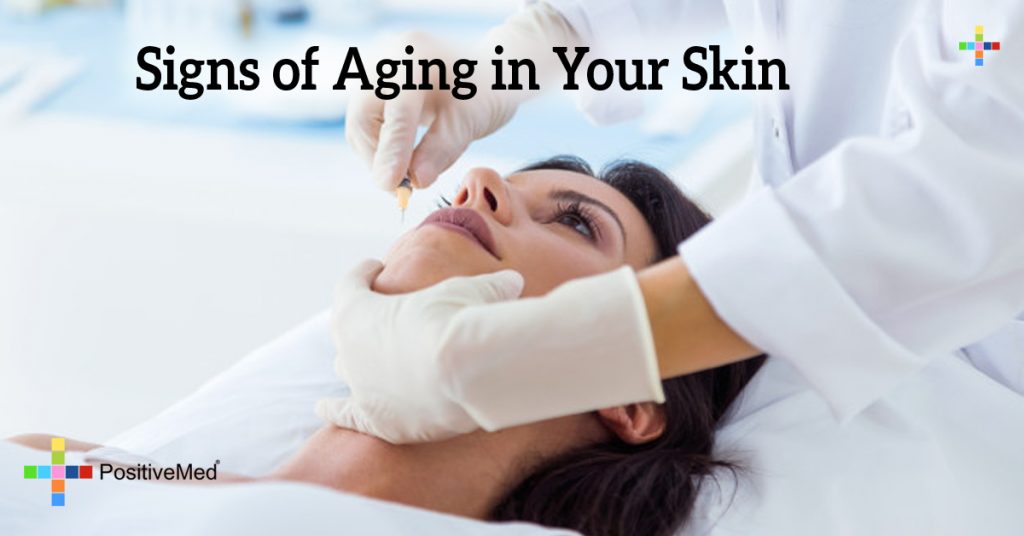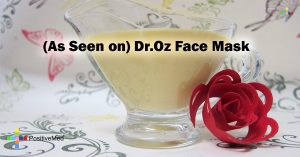
Many of us are familiar with the term anti-aging and may have heard mention of the natural aging process. Some people have medical conditions or are taking medications that age their skin. There are some things one can do to prevent their skin from aging prematurely due to extrinsic forces, or at least lessen the effects of aging. Research shows that there are, in fact, two distinct types of aging. Aging caused by the genes we inherit is called intrinsic (internal) aging. The other type of aging is known as extrinsic (external) aging and is caused by environmental factors
One of the biggest mistakes people can make is to disrupt the delicate skin around their eyes. Rubbing and pulling the skin in this area can cause darkness. Be sure to get enough sleep each night, the skin renews and repairs itself during sleep and this can’t happen if one is lacking the sleep the body needs. Sleeping on your side isn’t good for skin, either. It can break facial skin down, which eventually causes wrinkles. Pursing lips often and for long periods of time (remember “duck face” phenomenon?) can also cause lip wrinkles. We purse our lips when we drink out of straws and when we smoke. Speaking of which, the chemicals in tobacco cigarettes can age the skin dramatically.

Smokers and frequent sunbathers often suffer from extrinsic aging. Smoking and sun damage are the two biggest factors against skin health. Although some medical conditions cause the skin to age, the majority of people who experience it are making bad choices on a daily basis. For instance, drug users, heavy drinkers, and smokers will age at an accelerated rate.
When we first begin to age the signs are often overlooked, especially for those of us who feel we are still too young to worry about it. With aging the outer skin layer (epidermis) thins, even though the number of cell layers remains unchanged. The number of pigment-containing cells (melanocytes) decreases, but the remaining melanocytes increase in size. Aging skin thus appears thinner, more pale, and clear, or translucent. Large pigmented spots called age spots, liver spots, or lentigos may appear on sun-exposed areas.

When skin is aging there is good reason to believe that it may be something (or many things) one is doing that is causing this. More serious health issues can pop up, for example, if the premature aging is due to excessive sun exposure, it increases the risk of developing skin cancer at a later date. Smoking can lead to lung, mouth, tongue, and throat cancer.
If a person takes better care of themselves they are expected to live a longer, better quality life. Signs of aging include hair loss, muscle weakness, and failing eyesight. One of the most common messages is abnormal pain. One of the first signs of premature aging of the skin is a noticeable loss of a glowing complexion. Pair this with dark under eye circles, visible fine lines or droopy skin and there’s the recipe for looking tired. Cosmetic issues can usually be improved by drinking more water, eating vitamin-rich foods, and using anti-aging products that contain glycolic acid and retinol. Since not all premature aging signs are only age-related, its important to look out for other signs of more serious problems. For example, if there’s unusual itching, bleeding or if a mole changes, you should speak to your doctor right away.
There are things you can do to treat the aging process. One can have their body checked for antioxidant status, digestive analysis, immune system function, hormone status, circulation and other aging markers. After that, a comprehensive treatment program can be established. Treatment may include nutritional therapies, digestive cofactors, enzyme enhancement, hormone replacement, and lifestyle changes.
Although there are some things out of our control, there is a lot we can do to help extend our youthful countenance. If you’ve ignored aging up to this point, know that it is never too late to start caring for your skin. It is equally important to know that not all is what it seems, pay attention to the ingredients in moisturizers to make sure they’re not actually damaging the skin. There may be a more serious medical problem going on if one’s skin suddenly changes in any way. If you have any questions or are unsure, speak to your doctor.

SOURCES
+ Skin Aging, MedlinePlus – http://www.nlm.nih.gov/medlineplus/skinaging.html
+ Skin Signals, SHEKNOWS – http://www.sheknows.com/beauty-and-style/articles/813635/signs-of-aging-skin-normal-or-not-1
+ Skin Problems…, WebMD – http://www.webmd.com/skin-problems-and-treatments/guide/skin-problems-treatments-symptoms-types
+ Causes of Aging Skin, Aging Skin Net – http://www.skincarephysicians.com/agingskinnet/basicfacts.html
+ Aging Changes in Skin, MedlinePlus – http://www.nlm.nih.gov/medlineplus/ency/article/004014.htm





